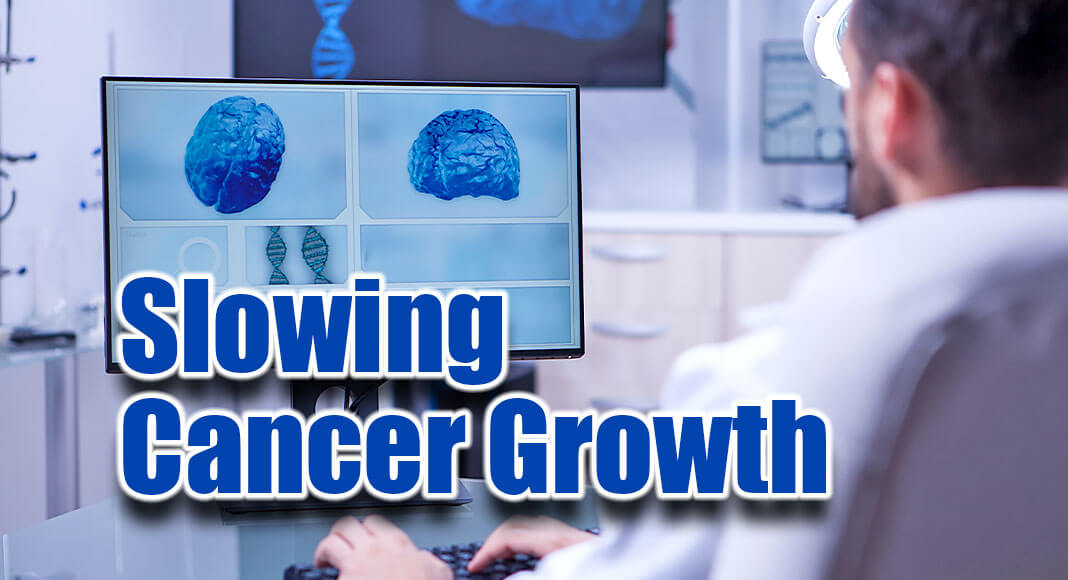
Mega Doctor News
Newswise — UC San Diego Health is the first hospital system in San Diego to offer a new, highly targeted and precisely placed radiation therapy that delays tumor regrowth while protecting healthy tissue in patients with brain cancer.
“As the only academic medical center in the region, UC San Diego Health is committed to offering patients with brain cancer the most innovative and effective treatments available,” said Marc Schwartz, MD, neurosurgeon at UC San Diego Health. “This new treatment option may extend the lifespan for certain patients and improve their quality of life.”
The novel, FDA-cleared approach, called GammaTile, utilizes small radiation seeds, or brachytherapy, which are implanted at the tumor site during surgery and naturally absorbed into the body to treat malignant and recurrent brain tumors, including gliomas, glioblastomas and meningiomas.
UC San Diego Health began offering the new brachytherapy treatment option in July 2022.
Each therapeutic seed, approximately the size of a postage stamp, contains radiation sources embedded in a collagen tile that together deliver a precise, targeted dose of radiation. The radiation immediately begins targeting tumor cells in the area where the tumor is most likely to recur.
Over time, after the radiation has been delivered, the seed absorbs into the tissue. In a clinical trial evaluating the treatment, the approach resulted in nearly twice as many tumor-free months compared to prior treatment for patients with recurring brain tumors located in the same area.
More than 25,000 people are diagnosed with malignant brain cancer or spinal cord tumors in the United States each year, according to the American Cancer Society. Aggressive brain tumors can be resistant to treatment and have a high likelihood of recurrence.
The previous standard of care for patients with operable brain tumors is surgical removal of the tumor followed by adjuvant therapy, including radiation and chemotherapy. Traditional radiation is delivered in as many as 30 treatments, extending over a period of several weeks.
“The number of radiation sessions patients with brain cancer undergo can be stressful and time consuming. This new radiation therapy will allow us to provide select patients with recurrent brain tumors an alternative option,” said Parag Sanghvi, MD, radiation oncologist at Moores Cancer Center at UC San Diego Health. “Ultimately, we will provide therapeutic doses of radiation to the tumor, while minimizing additional radiation dosage to previously irradiated brain tissue.”
The multidisciplinary team at Moores Cancer Center provides comprehensive brachytherapy options for cancers of the breast, gynecologic, head and neck, skin, as well as sarcomas and ocular melanomas.
According to the 2022-2023 U.S. News & World Report “Best Hospitals” survey, UC San Diego Health is ranked 20th for Cancer and 21st for Neurology and Neurosurgery care, among the nation’s top 50 programs, out of more than 4,500 hospitals nationwide. Moores Cancer Center is the only National Cancer Institute-designated Comprehensive Cancer Center in San Diego County, the highest possible rating for a U.S. cancer center.









